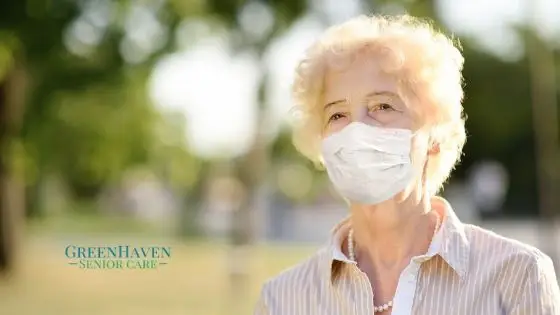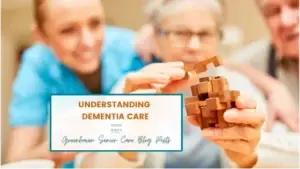
AI Companions for Seniors: A Thoughtful Guide for Families and Caregivers
AI companions for seniors explained by Greehaven Senior Care: what they are, how they help, and what families should consider before choosing one.

Every day, thousands of older adults across the nation depend on in-home caregivers to help them manage everyday tasks, such as bathing, dressing, grocery shopping, medication reminders, and preparing meals – especially during an unprecedented crisis such as the coronavirus pandemic.
During this time of isolation and social distancing, many people have found their role as caregivers for their elderly loved ones is still an essential part of their life. Caregivers need to quickly adapt if they wish to remain safe during this epidemic.
Whether it’s shielding older adults from the flu or a harmful virus, caregivers practice proper hygiene to reduce health risks for seniors. They exercise frequent handwashing and disinfecting inside a senior’s household to keep contagious illnesses and viruses at bay. They also take special precautionary measures to clean and sanitize frequently touched surfaces such as:
If you or a loved one develops symptoms, such as shortness of breath, fever, or cough, contact your doctor or urgent care facility immediately. For a medical emergency, such as severe shortness of breath or high fever, please call 911.
Call (206) 801-7555 Or Contact Us for Room Availability, Pricing, or if you are a family member or friend of our residents.

AI companions for seniors explained by Greehaven Senior Care: what they are, how they help, and what families should consider before choosing one.

Call (206) 801-7555 Or Contact Us for Room Availability, Pricing, or if you are a family member or friend of our residents. Dementia is a

Dementia is a challenging condition for both individuals and their families. Learn about dementia, its impact, and why Greenhaven Senior Care in Edmonds is the best choice for compassionate and personalized dementia care

Discover the best senior-friendly activities in Edmonds, WA! From scenic waterfront strolls and cultural events to top dining spots like Arnies and Epulo Bistro, explore engaging ways to stay active and social. Whether you enjoy art classes, farmers markets, or a relaxing ferry ride, Edmonds offers something for everyone. Read on for our top recommendations!